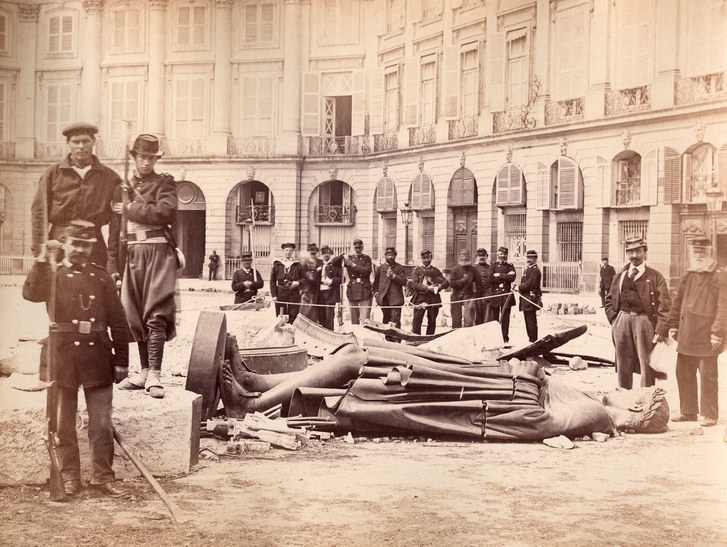Yesterday was the hundredth anniversary of the Russian Revolution, when for perhaps the second time in world history (the first being the Paris Commune), a “dictatorship of the proletariat” seized power. To mark the occasion, Viewpoint magazine published a piece by Asad Haider examining the meaning of that oft-misunderstood phrase and defending it against its critics. Haider asserts that the phrase diverges from our modern notion of dictatorship—authoritarian rule by a small and powerful elite—and instead implies something much closer to majority rule. Here’s an excerpt from the article:
After this period of upheaval, it is clear that Marx chose his words carefully, for strategic reasons. Hal Draper concludes, in his comprehensive overview of the term:
For Marx and Engels, from beginning to end of their careers and without exception, “dictatorship of the proletariat” meant nothing more and nothing less than “rule of the proletariat,” the “conquest of political power” by the working class, the establishment of a workers’ state in the immediate postrevolutionary period.
In fact, the whole emphasis of the term was its proposal of a class dictatorship, by the majority of the population whose political goal was to abolish all class distinctions, rather than the dictatorship of a revolutionary minority. The latter idea of a dictatorship by the revolutionary leadership, represented in these debates by Louis Auguste Blanqui and his followers, was anathema to Marx, and his subversion of the word “dictatorship” was intended to propose that a proletarian revolutionary regime would be one based on far more popular participation than any government that had previously existed, a vision he saw realized in the directly democratic Paris Commune of 1871. As Kristin Ross remarks, “The Commune made it very clear to Marx that not only do the masses shape history but in so doing they reshape not just actuality but theory itself.”
Image: Members of the Paris Commune, after pulling down a statue of Napoleon in the Place Vendôme, Paris. Via the New Yorker.
